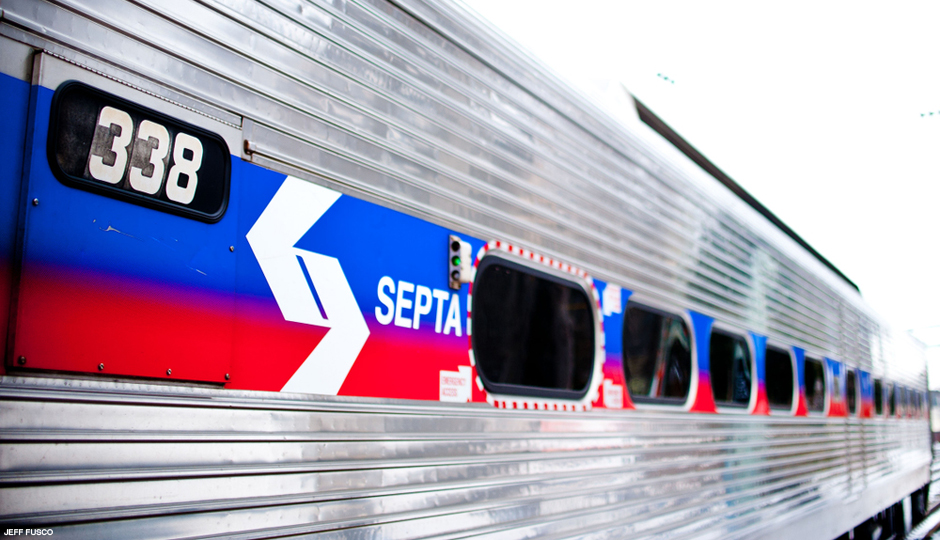Union Says SEPTA Train Engineers Overworked

The union representing SEPTA’s rail engineers has asked the Federal Railroad Administration to reject the agency’s waiver from safety rules, saying engineers are overworked and fatigued.
With one of the busiest travel days of the year on the horizon, SEPTA Union leaders are warning that some engineers are working too many hours, putting riders in danger. SEPTA officials believe the warning is unnecessary however.
“The locomotive engineers are working 14 hour days, six days a week,” said Brotherhood of Locomotive Engineers and Trainmen (BLET) vice president Steve Bruno. “It’s something of an unsafe condition and frankly it’s becoming dangerous.”
SEPTA officials told NBC 10 they’re hiring more engineers to reduce overtime issues. “We believe fatigue can be an issue,” SEPTA’s Ron Hopkins said. “So we pay close attention to it when we do our scheduling of our regular runs. Also we make sure that if there are any extra runs there’s a meeting held between our management team as well as the union.”
The union sent out a press release:
Citing SEPTA’s failure to follow its own scheduling procedures, the Brotherhood of Locomotive Engineers and Trainmen (BLET) has asked the Federal Railroad Administration (FRA) to reject the transit agency’s request for an extended waiver of safety rules. The waiver would decrease the amount of rest time available for SEPTA’s locomotive engineers.
Members of Brotherhood of Locomotive Engineers and Trainmen Division 71, representing 200 locomotive engineers at SEPTA, reached an economic agreement with the agency last month. At the time, the union insisted it would “aggressively pursue” a resolution of critical safety issues with federal authorities. SEPTA refused to bargain over safety matters during the most recent round of contract talks.
“This is no way to run a railroad,” said BLET Vice President Steve Bruno. “Safety has to come first – but SEPTA is more interested in cutting payroll costs. They haven’t lived up to the promises they made when they got the first waiver; there’s no reason to give them a second one.” Added Bruno, “We’ve seen some terrible accidents due to sleep deprivation on other railroads, we don’t need that to happen here.”
Since originally receiving a waiver in October of 2012, writes BLET National President Dennis Pierce in a letter to the FRA, SEPTA has systematically reduced “the number of locomotive engineer assignments while simultaneously increasing the number of trains and route miles in the public schedule.”
Without enough hands on deck, says Pierce, SEPTA has resorted to overworking its locomotive engineers, who are the most critical safety employees on every train they operate.
Six-day workweeks are routine at SEPTA, Pierce reports, and engineers are frequently called into work in a way that interrupts their sleep patterns. Forcing engineers to operate trains with insufficient rest creates a known – and preventable – risk to passengers and crews members.
In his letter to FRA, Pierce documents that SEPTA’s recent performance does not justify granting the agency an extended and expanded waiver from compliance with federal regulations on operator safety and fatigue:
SEPTA has increased its daily revenue miles, increased the occasions of interrupted sleep for its extra board engineers, decreased its manpower, decreased the number of five day assignments, eliminated the number of extra board employees with two consecutive days off, and had an “alarming” series of decertification events recently.
BLET is calling on FRA to deny the agency’s request for a new waiver, which would allow the agency to bypass existing safety regulations. Instead, the union is asking the agency to conduct a full public hearing, to ensure that SEPTA is operating in a manner that is as safe as possible for the public and for the agency’s employees.
“Let’s examine all the facts and evidence,” said BLET Vice President Bruno. “We believe that when the FRA examines the record, they’ll agree with us that SEPTA needs more compliance — not less – with federal safety rules.”


